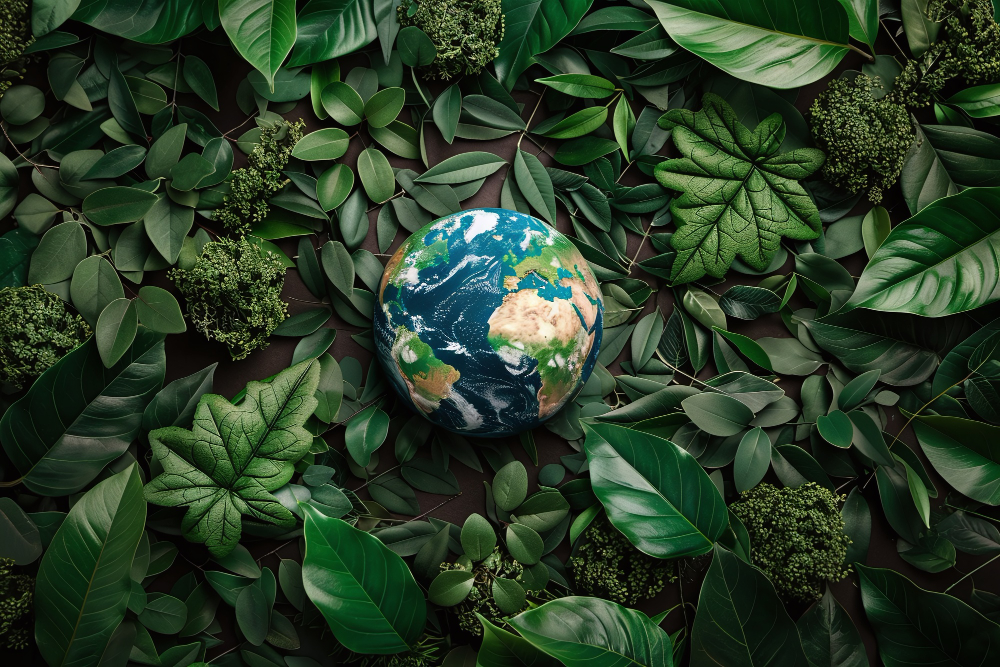The Importance of Biodiversity and Conservation in 2025

Biodiversity refers to the variety of life on Earth, encompassing all species of plants, animals, fungi, and microorganisms, as well as the ecosystems they form.
This diversity is crucial for maintaining ecological balance and supporting life’s essential processes. The greater the biodiversity, the more resilient an ecosystem is to changes and disruptions, including climate shifts and human activities.
In recent years, biodiversity has been under increasing threat due to deforestation, pollution, climate change, and habitat destruction. The loss of species and ecosystems has dire consequences, affecting not only nature but also human health, food security, and economic stability. Conservation efforts are more critical than ever in ensuring that biodiversity is preserved for future generations.
Causes of Biodiversity Loss
Human activities are the primary drivers of biodiversity loss. Urbanization and industrialization have led to deforestation, which destroys natural habitats and displaces wildlife. Pollution, particularly plastic waste and chemical runoff, further degrades ecosystems, making it difficult for species to thrive.
Additionally, climate change is altering temperature and precipitation patterns, leading to the extinction of species unable to adapt. Overfishing, poaching, and illegal wildlife trade also contribute significantly to the depletion of various species. Without intervention, the continued loss of biodiversity could lead to a cascade of ecological failures, impacting food chains and natural cycles.
The Role of Conservation in Protecting Biodiversity
Conservation plays a pivotal role in mitigating biodiversity loss. It involves protecting endangered species, preserving natural habitats, and restoring damaged ecosystems. Governments and environmental organizations implement conservation programs that include establishing national parks, wildlife sanctuaries, and marine protected areas.
Another essential aspect of conservation is sustainable development, which promotes economic growth while ensuring that natural resources are not depleted. Individuals can contribute by supporting eco-friendly practices, reducing waste, and advocating for policies that prioritize environmental protection. Educating communities about the importance of biodiversity also encourages widespread participation in conservation initiatives.
The Impact of Biodiversity on Human Life
Biodiversity directly influences human life in multiple ways. It supports food production by maintaining healthy ecosystems that sustain crops and livestock. A diverse range of plant species contributes to medicinal discoveries, with many modern medicines derived from natural sources.
Moreover, biodiversity helps regulate climate by absorbing carbon dioxide and maintaining air and water quality. Forests, wetlands, and oceans play crucial roles in filtering pollutants and reducing the impact of natural disasters such as floods and hurricanes. By protecting biodiversity, we safeguard essential resources that contribute to human well-being and economic stability.
Challenges in Biodiversity Conservation
Despite global efforts, several challenges hinder biodiversity conservation. Limited funding and resources make it difficult to implement large-scale conservation projects. Conflicts between conservation efforts and economic development often arise, particularly in regions reliant on industries such as logging, mining, and agriculture.
Political instability and weak environmental policies further exacerbate the issue. Many countries struggle to enforce conservation laws, allowing illegal activities like poaching and deforestation to persist. Additionally, climate change remains an ongoing challenge, requiring coordinated international efforts to mitigate its effects on biodiversity.
Future Strategies for Biodiversity Protection
To address these challenges, future conservation strategies must focus on innovative and sustainable solutions. Integrating technology, such as satellite monitoring and artificial intelligence, can enhance tracking and protection of endangered species. Strengthening international cooperation and policy enforcement will also be crucial in tackling global biodiversity threats.
Furthermore, encouraging businesses to adopt environmentally friendly practices can reduce industrial impacts on biodiversity. Consumers play a role by choosing sustainable products and supporting companies committed to ethical sourcing and conservation efforts. Through collective action, society can ensure that biodiversity is preserved for generations to come.
Conclusion
Biodiversity is an invaluable asset that supports ecological balance, human health, and economic stability. However, its continued decline due to human activities poses significant threats to both nature and society. Conservation efforts must be strengthened through education, policy implementation, and sustainable development practices.
By understanding the importance of biodiversity and actively contributing to conservation initiatives, individuals and organizations can play a vital role in protecting the planet’s rich and diverse ecosystems. Only through a unified effort can we secure a sustainable future for all living beings on Earth.





